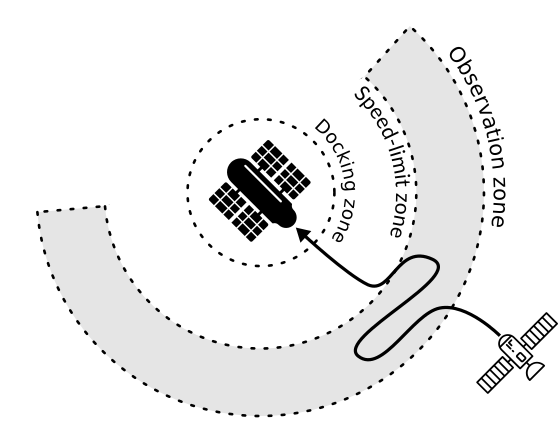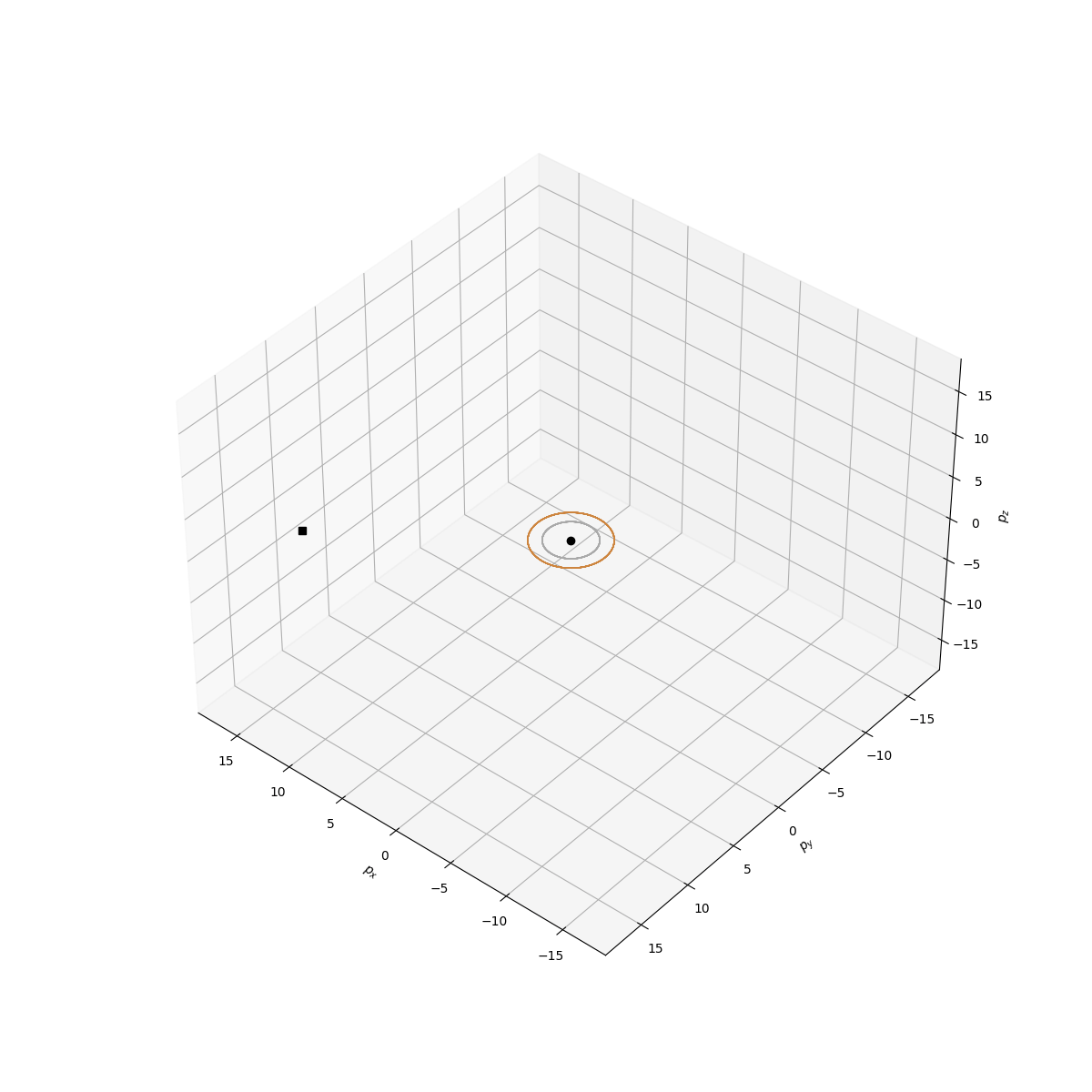


Signal temporal logic (STL) provides a powerful, flexible framework for specifying complex autonomy tasks; however, existing methods for planning based on STL specifications have difficulty scaling to long-horizon tasks and are not robust to external disturbances. In this paper, we present an algorithm for finding robust plans that satisfy STL specifications. Our method alternates between local optimization and local falsification, using automatically differentiable temporal logic to iteratively optimize its plan in response to counterexamples found during the falsification process. We benchmark our counterexample-guided planning method against state-of-the-art planning methods on two long-horizon satellite rendezvous missions, showing that our method finds high-quality plans that satisfy STL specifications despite adversarial disturbances. We find that our method consistently finds plans that are robust to adversarial disturbances and requires less than half the time of competing methods. We provide an implementation of our planner online.
This work is part of a broader research thread around
Other work on this theme from our lab include:
@article{dawson2022_robust_stl_planning,
author = {Dawson, Charles and Fan, Chuchu},
title = {Robust Counterexample-guided Optimization for Planning from Differentiable Temporal Logic},
journal = {IROS},
year = {2022},
}